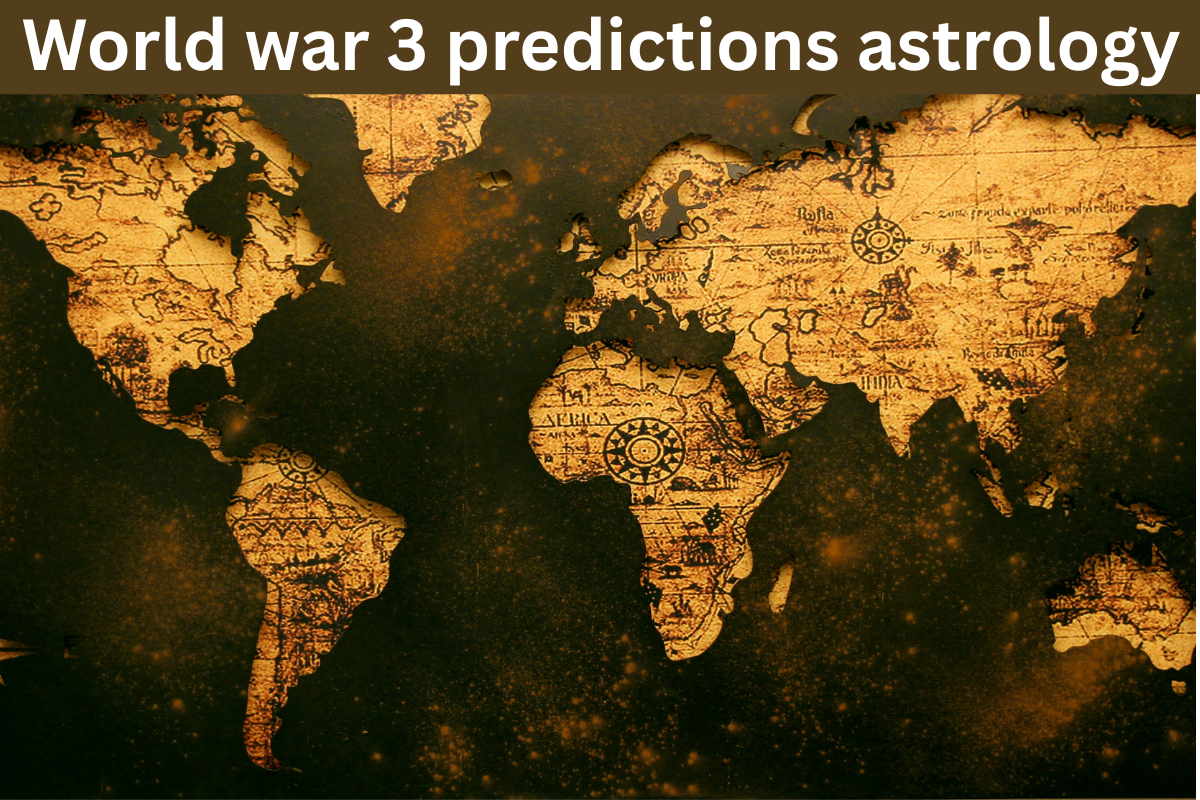
World War 3 Predictions in Astrology: An Academic Perspective
Disclaimer: This article is written for educational purposes. Astrology is a belief system and not a science. The content below is based on historical patterns, astrological theories, and interpretations by astrologers. It should not be used to predict actual future events. The article is well-researched and contain genuine information.
You will love to read:
HCOOCH CH2 H2O: Structure, Properties, and Applications
How Much Would It Cost to End World Hunger?
Introduction
In today’s uncertain world, people are increasingly looking for ways to understand what the future might hold. While science and data help explain many aspects of our lives, some individuals also turn to belief systems like astrology. Astrology is the study of the positions and movements of celestial bodies and how they may relate to human events. One topic that frequently comes up is whether astrology can predict large-scale global events, including a possible third world war.
This article explores the topic of World War 3 predictions in astrology. It examines how astrologers analyze global patterns, the historical connections they draw, and what current planetary alignments may indicate.
What Is Astrology?
Astrology is an ancient belief system that interprets the movements of planets and stars to understand human behavior and global events. It is divided into several branches, including:
- Natal Astrology: Focuses on individuals and their birth charts
- Horary Astrology: Answers specific questions
- Mundane Astrology: Studies world events, including politics, economics, and wars
This article focuses on mundane astrology, which is used to examine the fate of nations and large-scale occurrences.
Can Astrology Predict Wars?
Astrologers do not claim to predict events with certainty. Instead, they interpret planetary patterns and alignments that may suggest times of tension, transformation, or upheaval. According to astrologers, the energies symbolized by planets like Pluto, Uranus, Saturn, and Mars may indicate potential conflicts or global shifts.
However, it is essential to remember that astrology is not based on scientific principles. Mainstream science does not accept astrology as a reliable tool for forecasting events. Therefore, while astrologers may suggest trends or possibilities, these should be viewed with caution and critical thinking.
Historical Patterns: Astrological Events Before World Wars

Astrologers often study the alignments that occurred before major historical events to find patterns. Below are some examples.
World War I (1914–1918)
- Saturn-Pluto Cycle: Saturn and Pluto were nearing a conjunction, which some astrologers link to societal restructuring and conflict.
- Uranus in Aquarius and Pisces: Representing changes in social order and hidden emotional tensions.
World War II (1939–1945)
- Saturn-Uranus Square: Astrologers believe this alignment brings tension between the old (Saturn) and the new (Uranus).
- Pluto in Leo: Pluto, the planet of transformation, was in Leo, a sign associated with leadership and power.
These planetary positions are often mentioned in astrological discussions as signs of possible turmoil or change.
Key Planetary Alignments in Modern Times
Some astrologers have expressed concern over recent planetary alignments that resemble those from the early 20th century.
The Saturn-Pluto Conjunction in 2020
- Occurred in January 2020
- Coincided with the global outbreak of COVID-19
- Interpreted by astrologers as a time of breakdown and rebuilding of global systems
Pluto Return of the United States (2022–2025)
- Pluto is returning to the same position it held in 1776, the year of America’s independence
- Astrologers say this symbolizes national transformation, potentially involving political or social shifts
Uranus in Taurus (2018–2026)
- Associated with economic and environmental change
- Astrologers see this as a time of unexpected disruptions, possibly affecting food supply, money systems, and natural resources
Astrological Interpretations: Is World War 3 Possible?
Astrologers differ in their opinions. Some suggest that certain alignments could lead to increased global tension. Others argue that these energies could result in transformation rather than war.
Arguments Suggesting Possible Conflict
- Mars Retrogrades and Eclipses: Some astrologers believe that Mars retrograde and eclipses can trigger aggressive energy or accidents
- Saturn-Uranus Squares: These alignments, which occurred in 2021 and 2022, are said to bring sudden changes and power struggles
Arguments Favoring Transformation Over War
- Rise of Consciousness: Some astrologers argue that humanity is evolving and becoming more aware, making large-scale wars less likely
- Global Connectivity: The world is more connected than ever, making war less beneficial and more destructive
Scientific View: Why Astrology Cannot Predict Wars
While astrology can offer symbolic insights, it is important to rely on scientific and political analysis when assessing the risk of conflict. Here are some reasons why astrology is not a reliable predictor:
- Lack of Empirical Evidence: Astrology has not passed scientific tests of accuracy
- Vague Interpretations: Predictions are often general and open to many meanings
- Confirmation Bias: People may only notice predictions that seem to come true while ignoring those that don’t
Psychological Aspect: Why Do People Seek Predictions?
In times of uncertainty, people look for meaning and reassurance. Astrology offers symbolic explanations and a feeling of control over the unknown. This is especially true during:
- Wars or political unrest
- Pandemics or natural disasters
- Economic downturns
Astrology becomes a tool for reflection and comfort, rather than a strict forecasting method.
Contemporary Predictions: Kushal Kumar’s Forecasts
Kushal Kumar, an Indian astrologer often referred to as the “New Nostradamus,” has made several predictions about the onset of World War III. He has cited specific dates, such as June 18, July 26, and August 4 or 5, 2024, as potential starting points for global conflict. Kumar’s forecasts are based on his interpretations of planetary alignments and their supposed influence on world events.
Ancient Texts: Bhavishya Malika’s Prophecies
The Bhavishya Malika, a 16th-century Odia text attributed to saint Achyutananda Dasa, contains prophecies that some interpret as predicting a large-scale conflict involving multiple nations, including India and China. According to these interpretations, the war would begin when Saturn enters Pisces and last for six years and six months. It’s essential to approach such ancient texts with caution, as translations and interpretations can vary widely.
Astrological Events & Their Historical or Symbolic Impact
| Astrological Event | Time Period | Astrological Meaning | Associated Historical Context |
| Saturn-Pluto Conjunction | Jan 2020 | Endings, transformation, collapse of old systems | COVID-19 pandemic, economic shifts |
| Uranus in Taurus | 2018–2026 | Financial revolution, instability, innovation | Crypto boom, inflation, global protests |
| Pluto in Capricorn | 2008–2023 | Power, control, restructuring of institutions | Financial crisis, rise of authoritarian politics |
| USA Pluto Return | 2022–2025 | Rebirth, national reckoning, transformation | Political polarization, institutional upheaval |
| Saturn-Uranus Square | 2021–2022 | Tension between old vs. new, revolution vs. control | Tech regulation, freedom movements |
| World War II Alignments | Late 1930s–1945 | Saturn-Uranus-Pluto tension | Rise of fascism, global conflict |
Conclusion
Astrology is a belief system that uses the movement of celestial bodies to offer symbolic interpretations of human life and global events. While some astrologers suggest that certain planetary alignments could indicate potential for global conflict, these are not scientifically verified predictions.
Historical patterns show that major planetary movements sometimes align with global events, but correlation does not mean causation. The possibility of a World War 3 cannot be determined by astrology alone. Political, social, and economic factors are far more reliable indicators.
It is vital to stay informed through credible sources, avoid fear-based content, and use astrology as a tool for reflection rather than prediction.
FAQs About World war 3 predictions astrology
We have deeply cover each and everything about world war 3 predictions astrology. However, if you have any other questions or queries in your mind then dont hesitate to use our contact us page to contact with our team of experts.
Can astrology really predict global events like World War 3?
While some astrologers analyze planetary alignments to interpret global trends, astrology is not scientifically proven to predict specific events like wars. It’s better viewed as a symbolic tool rather than a literal forecast.
What planetary alignments do astrologers associate with global conflict?
Astrologers often look at alignments between outer planets such as Saturn, Uranus, and Pluto. Historical wars, like World War I and II, coincided with tense aspects like oppositions or conjunctions involving these planets.
What is the Saturn-Pluto conjunction, and why is it significant?
The Saturn-Pluto conjunction, which occurred in 2020, is considered by astrologers to mark major societal shifts. Some interpreted it as a time of global upheaval, often linked with power struggles or restructuring.
What is the Pluto Return of the USA, and could it trigger conflict?
The Pluto Return marks Pluto’s return to the position it held when the U.S. was founded. Astrologers believe this cycle, happening between 2022–2025, symbolizes a period of deep transformation—not necessarily war.
Is there any scientific basis to astrology predictions about wars?
No. Astrology is not backed by scientific evidence as a predictive tool. Events like wars are complex and depend on real-world geopolitical and socio-economic factors, not planetary positions.
Why do people turn to astrology during uncertain times?
In times of fear or instability, many seek comfort or meaning in astrology. It offers symbolic insights and emotional reassurance, even if not factually predictive.




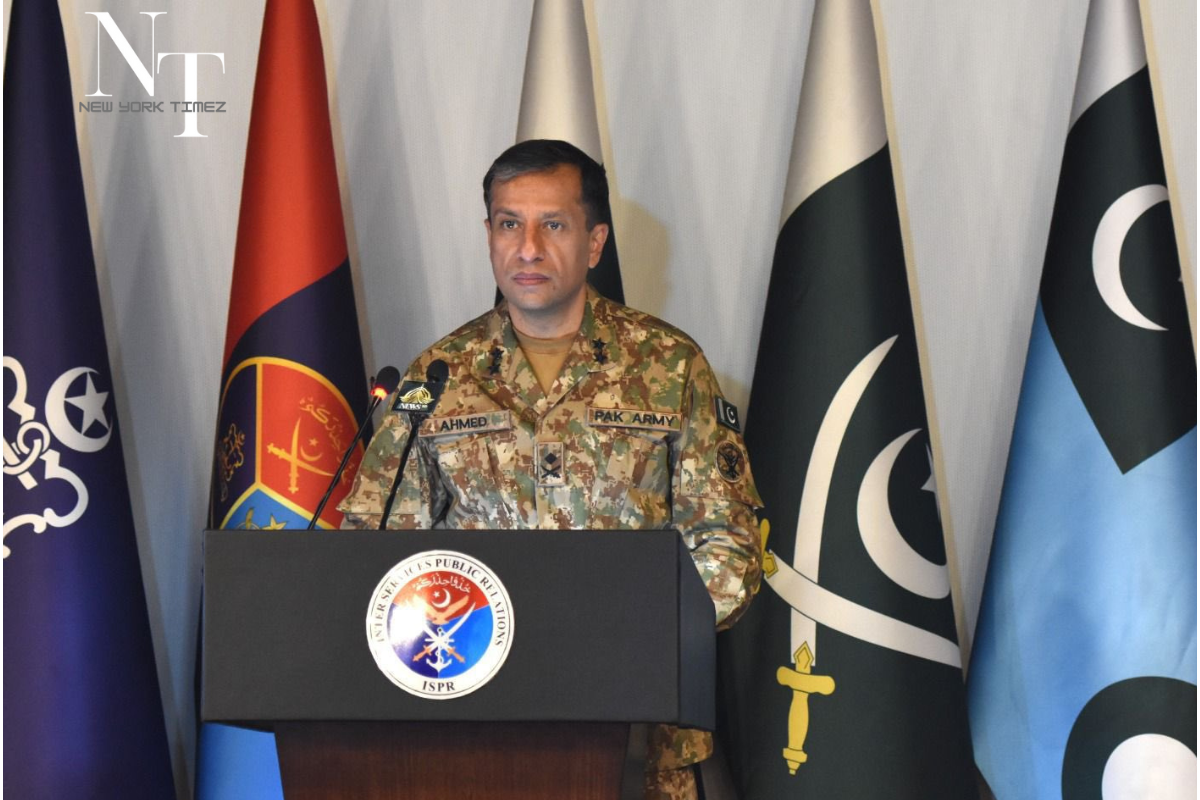


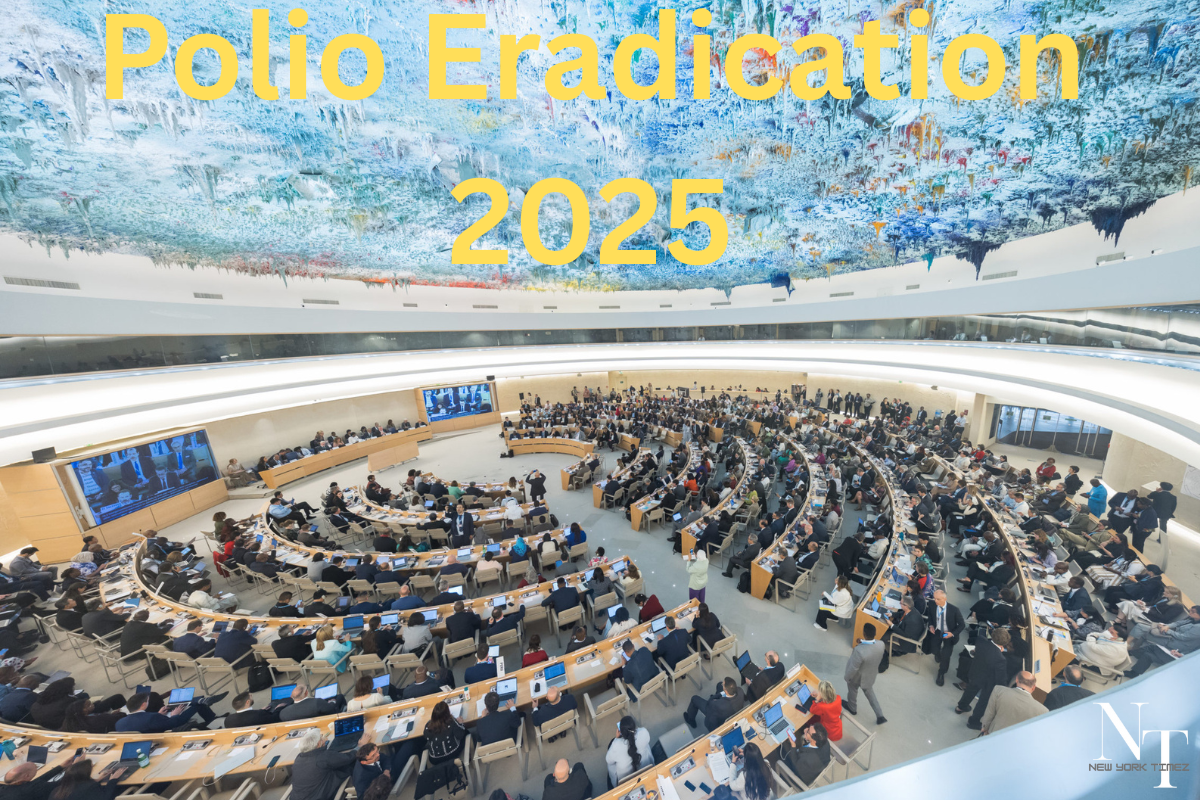




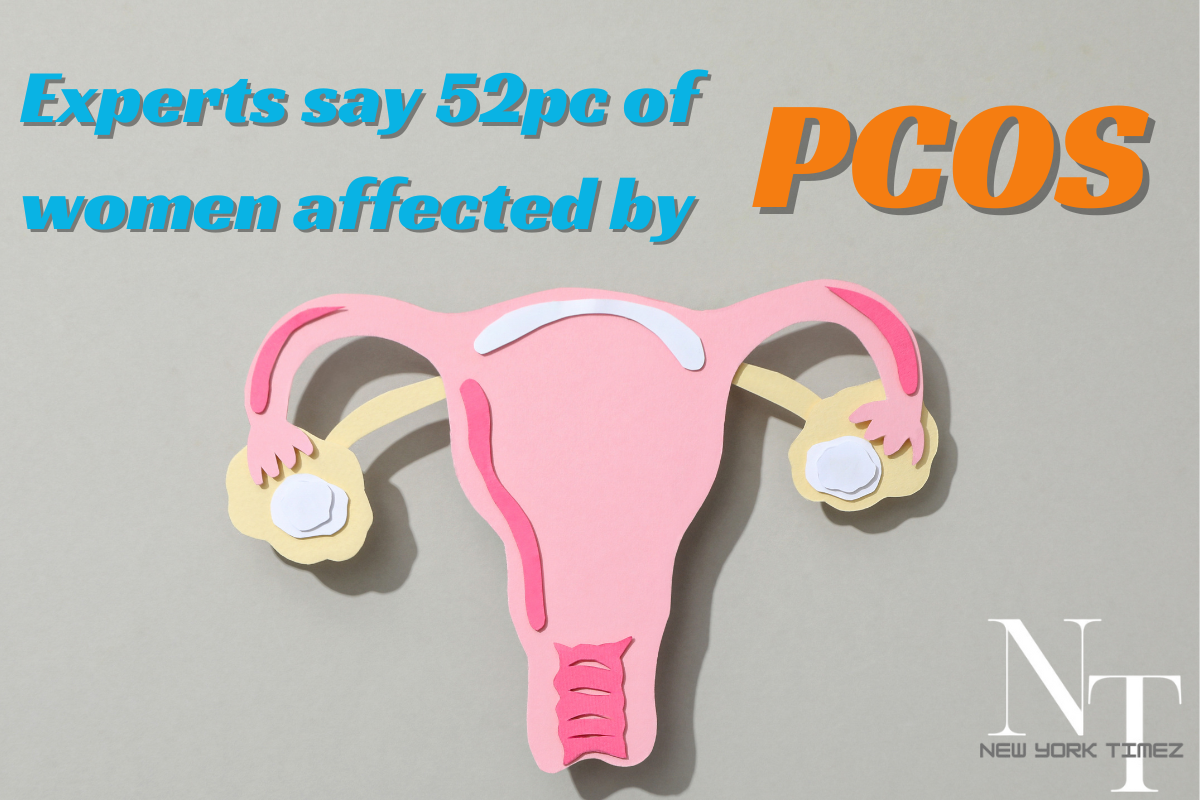






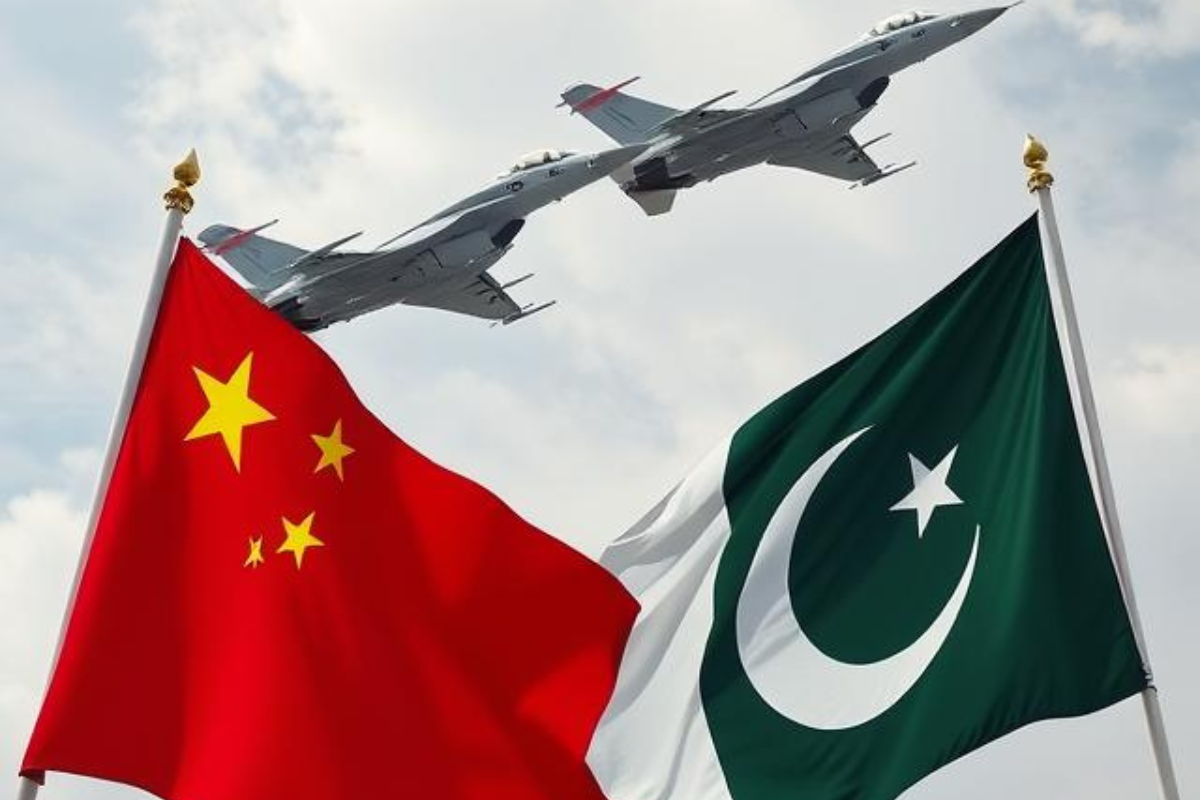


























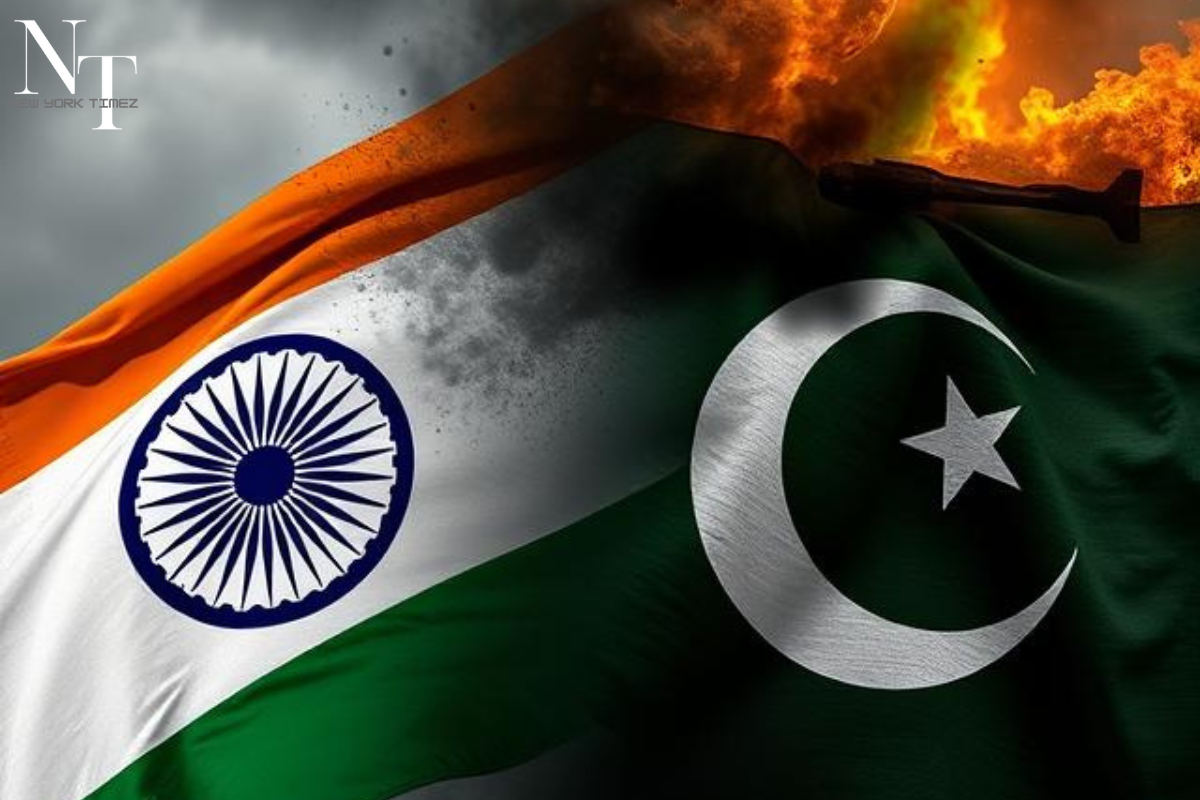




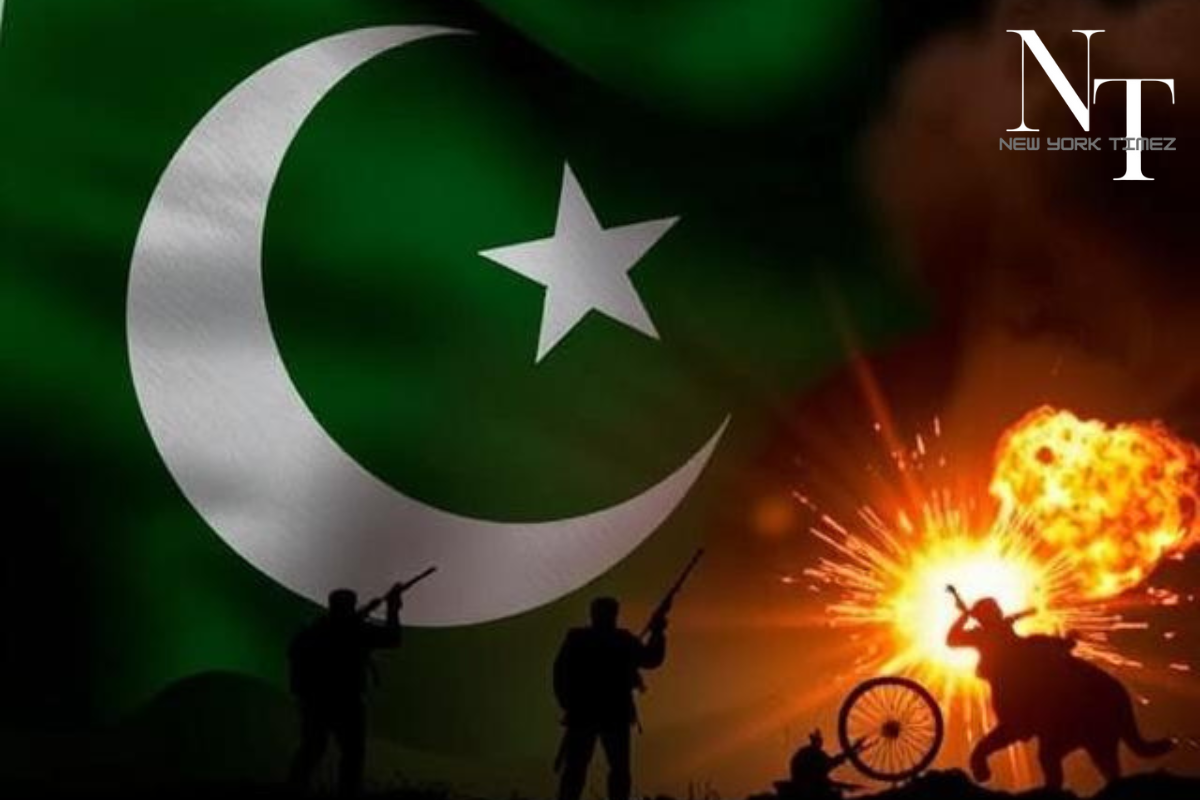

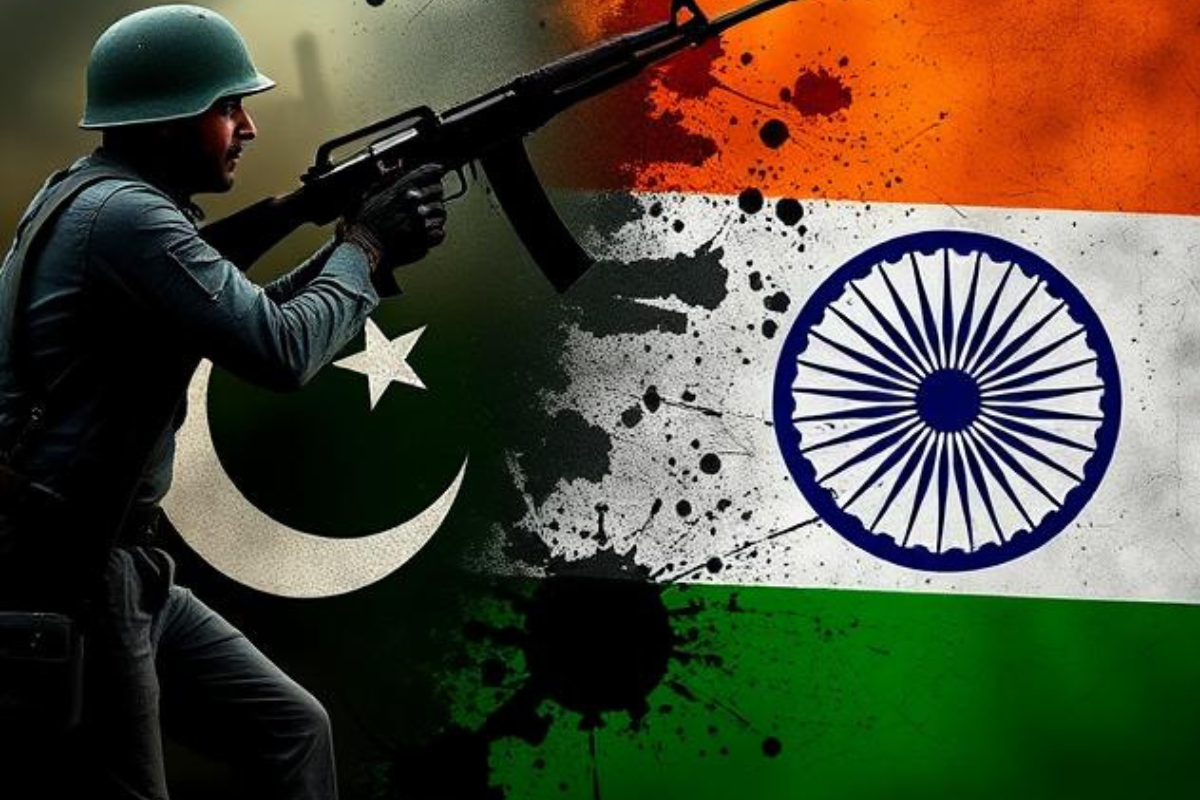

Informative article